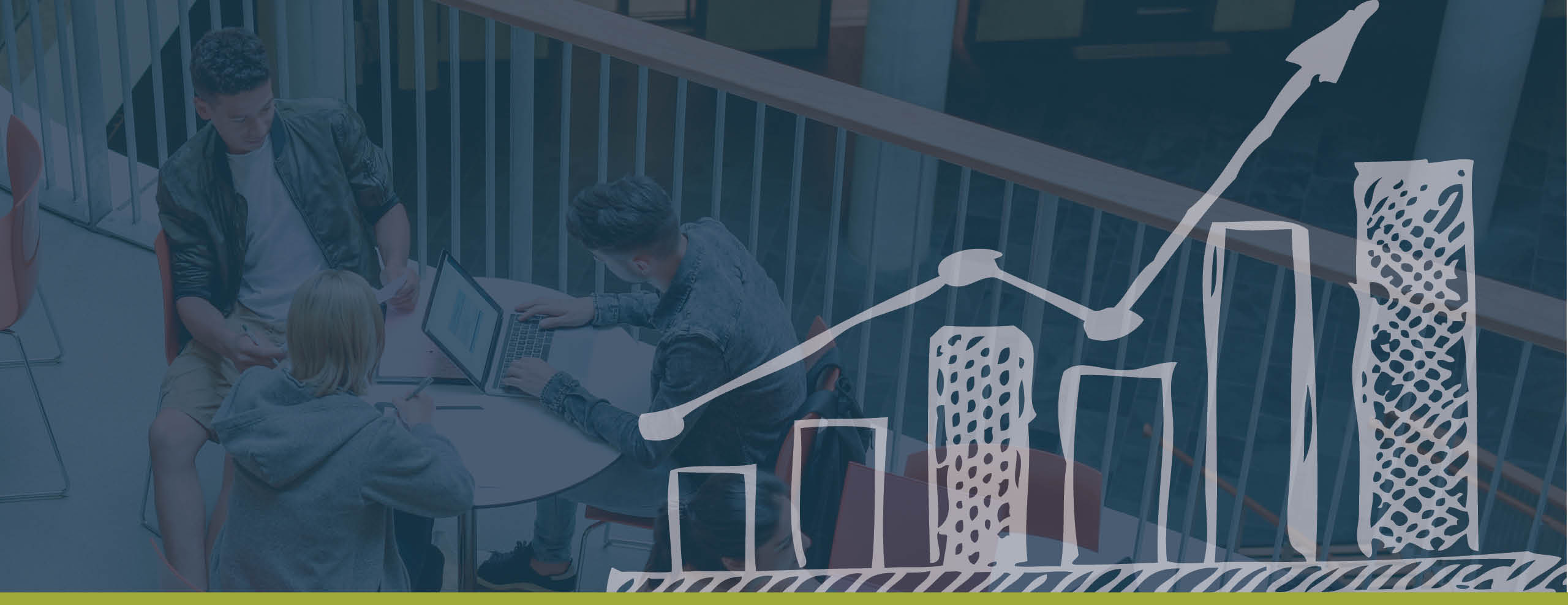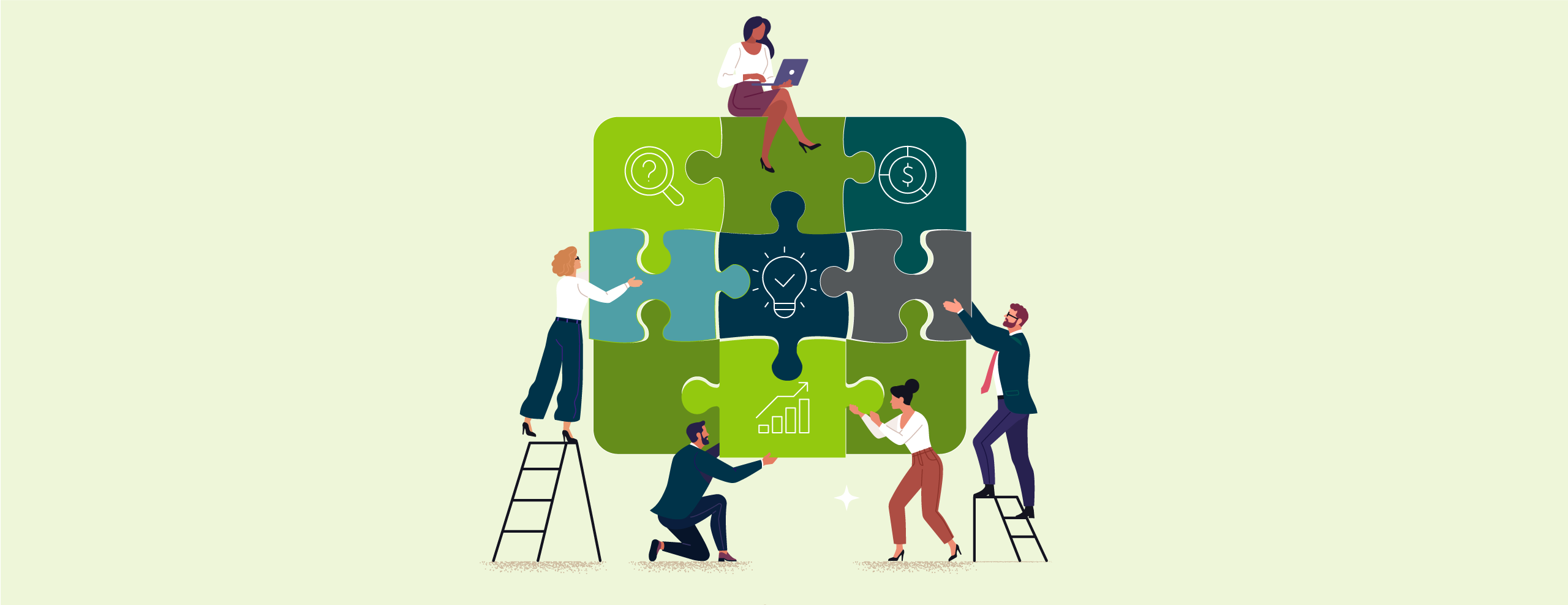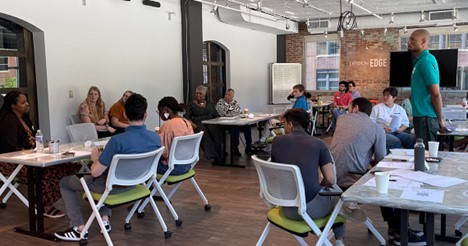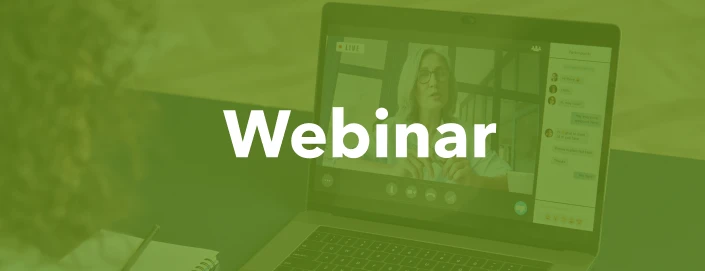Insights + News
Explore our resources to keep a pulse on the latest trends in higher education with exclusive insight from Collegis experts.
Higher Ed Events
Don’t miss your chance to engage with higher ed leaders and Collegis experts. Check out our upcoming events and secure your spot today.
Transform Challenges Into Opportunities
Facing challenges in enrollment, retention, or tech integration? Seeking growth in new markets? Our strategic insights pave a clear path for overcoming obstacles and driving success in higher education.
Unlock the transformative potential within your institution – partner with us to turn today’s roadblocks into tomorrow’s achievements. Let’s chat.









